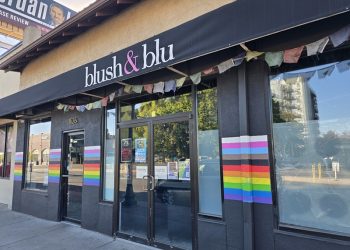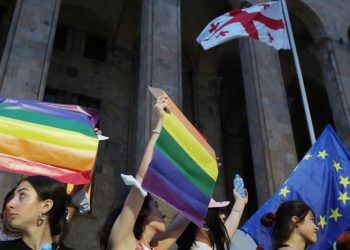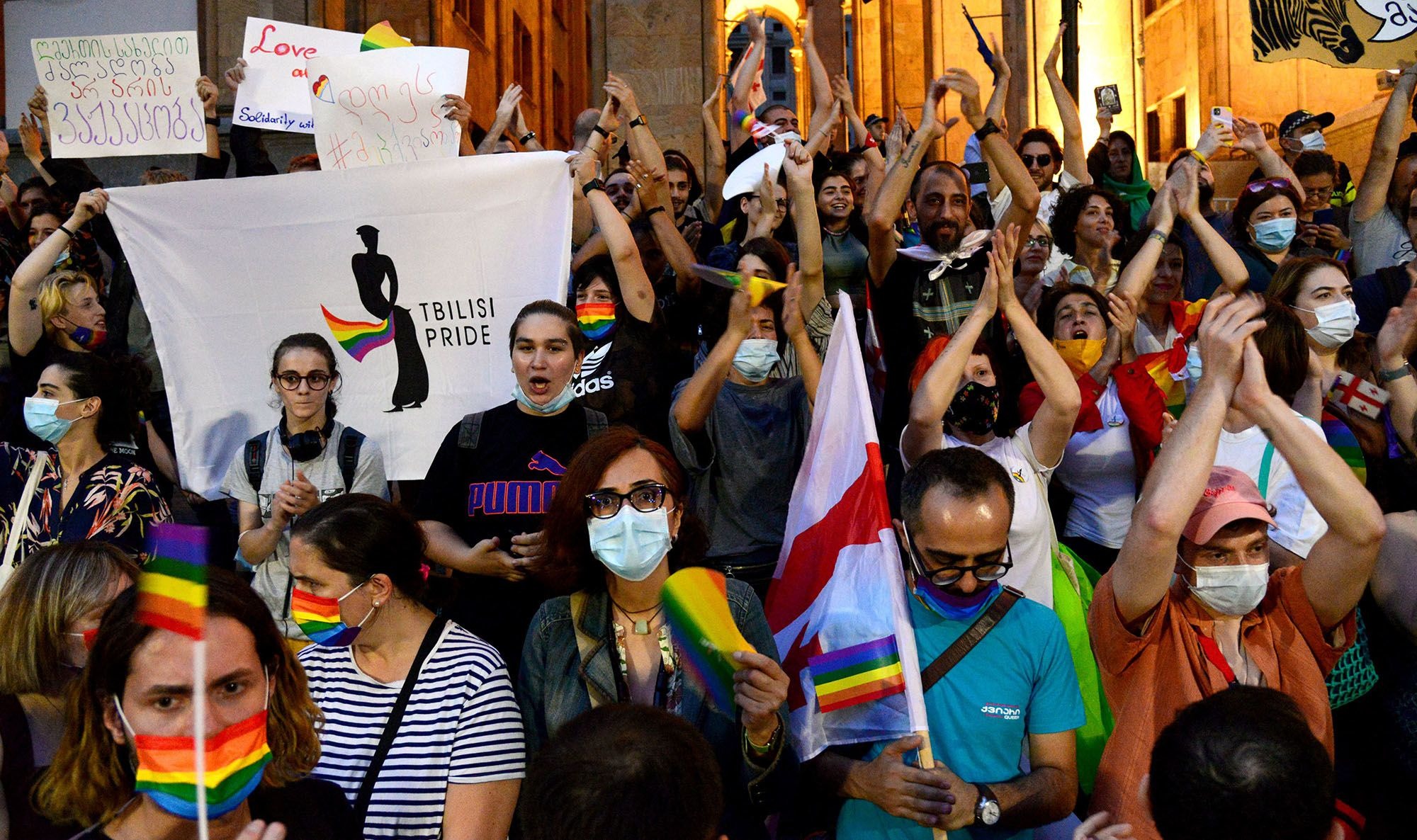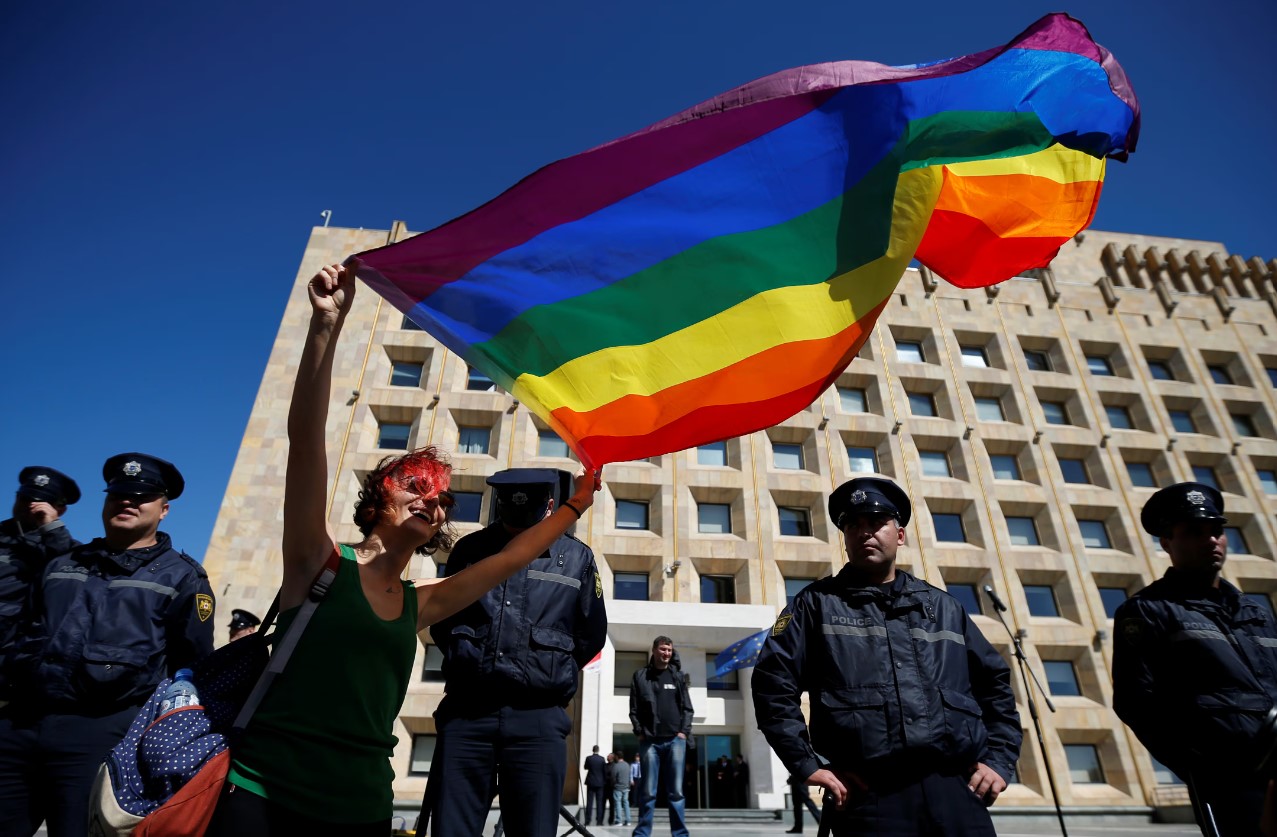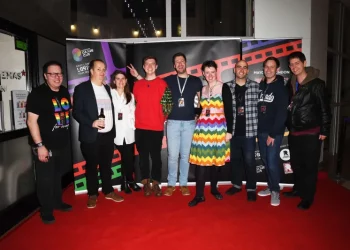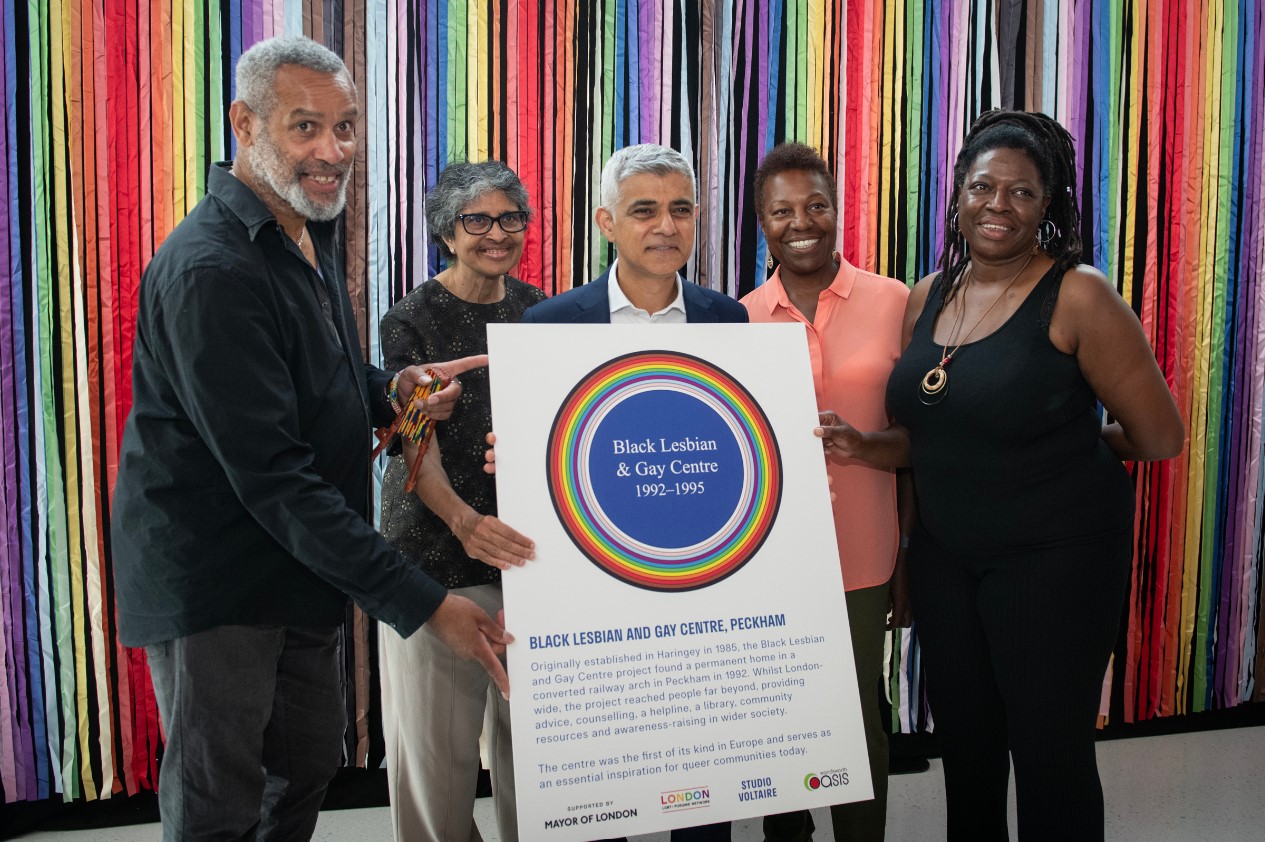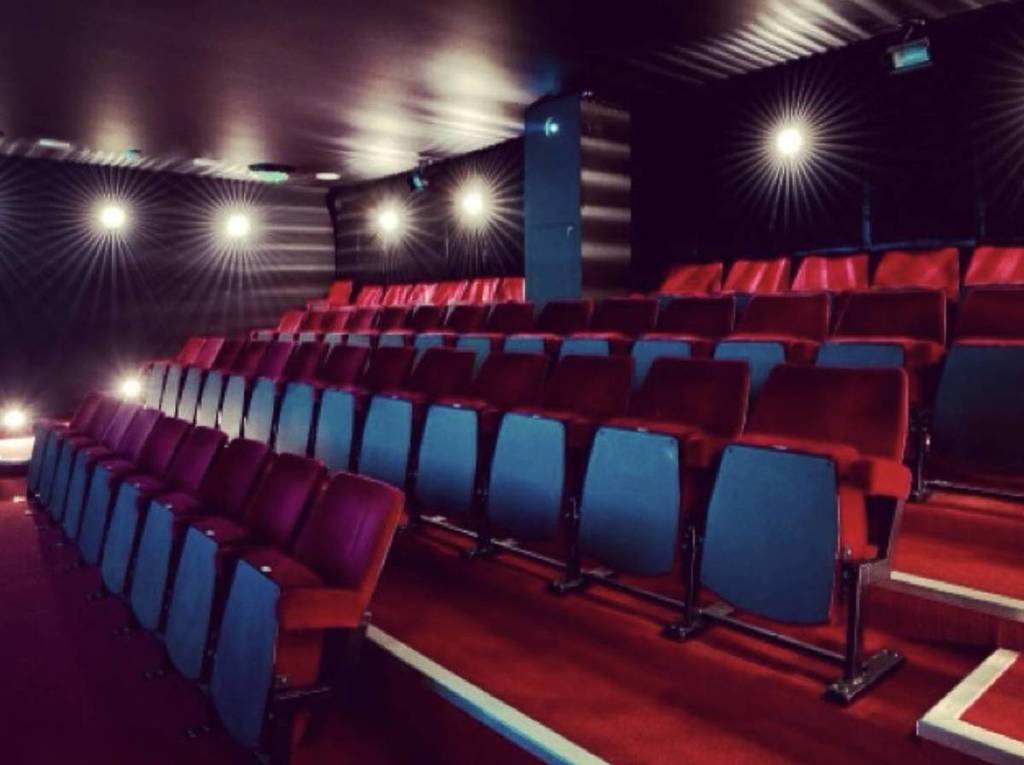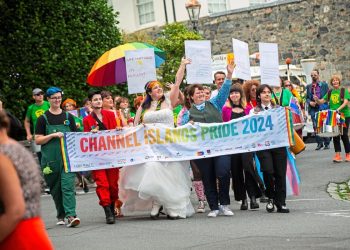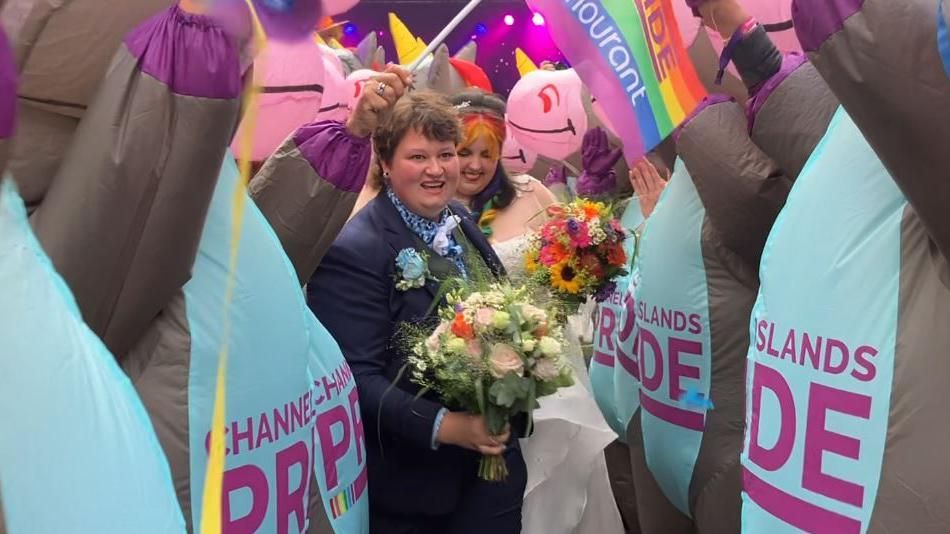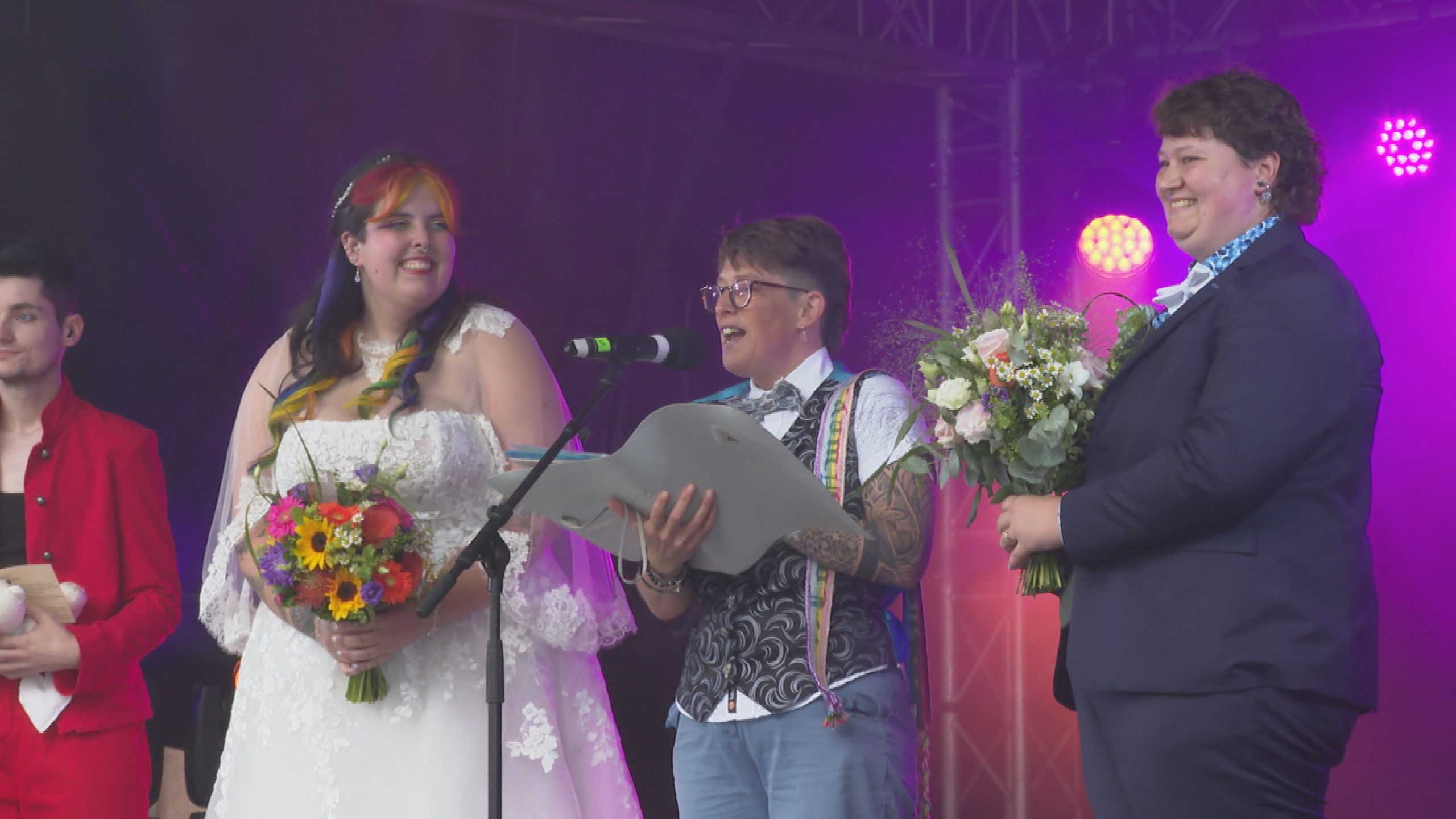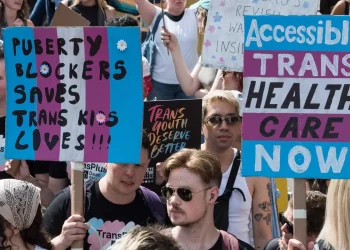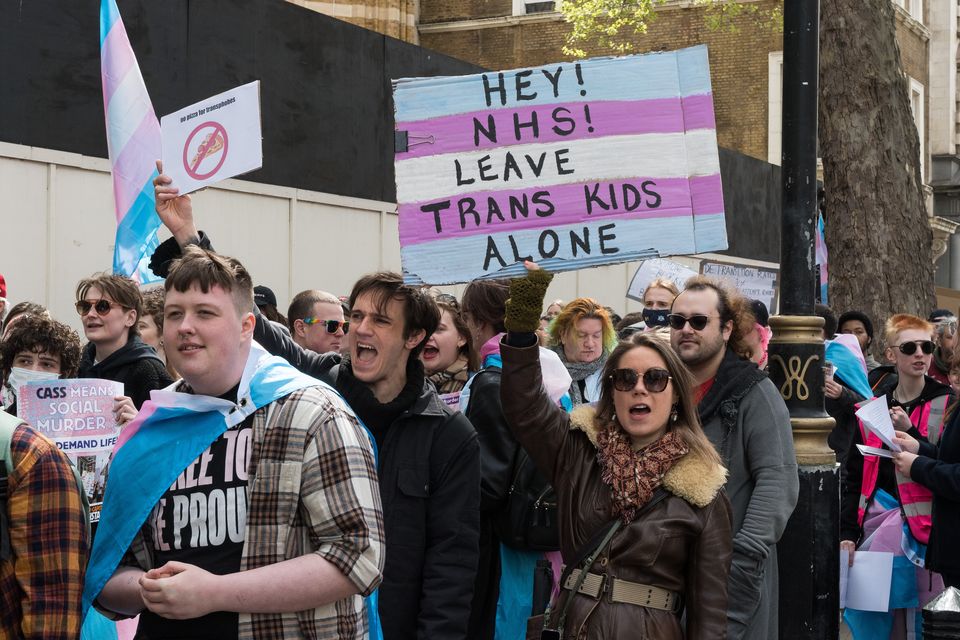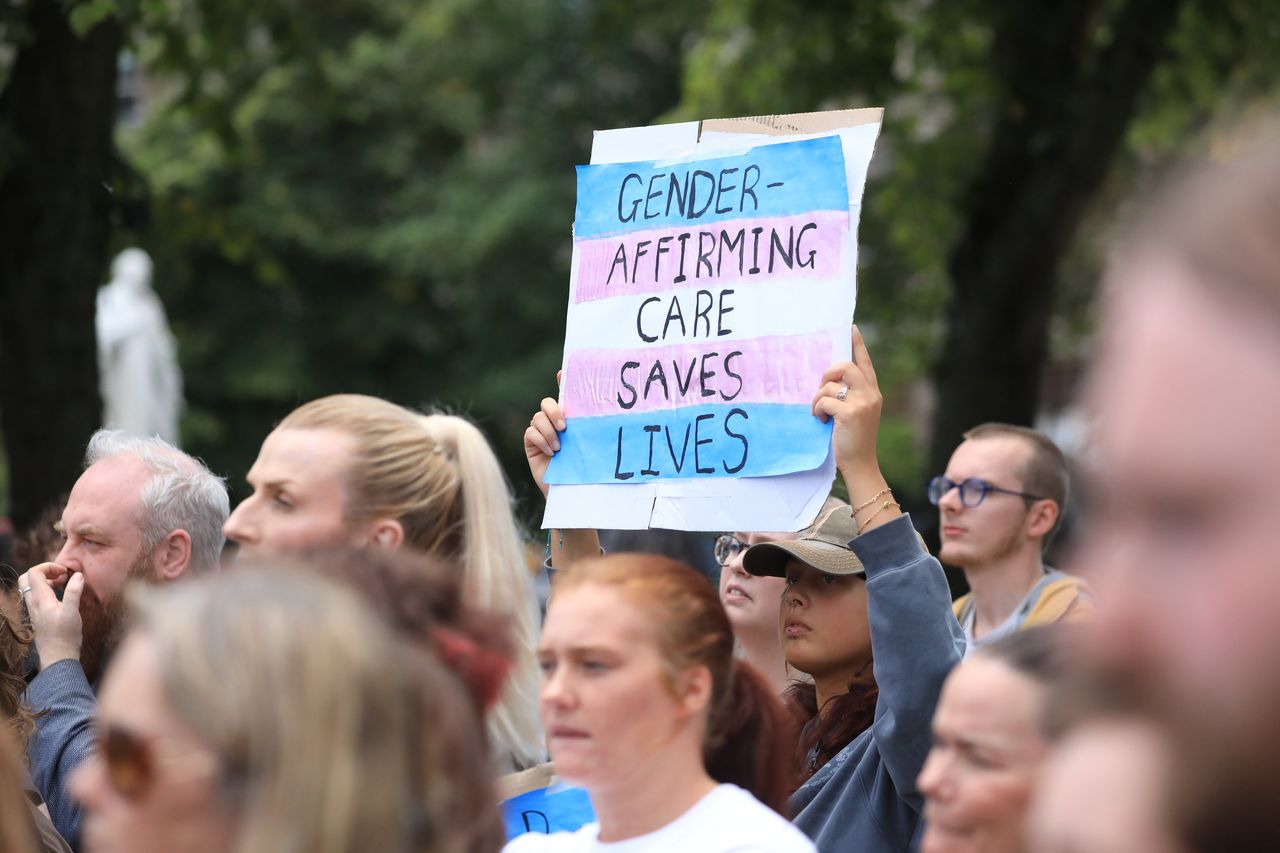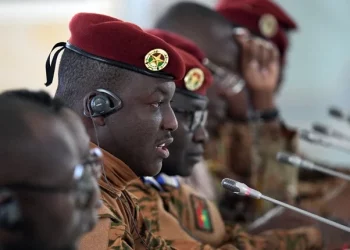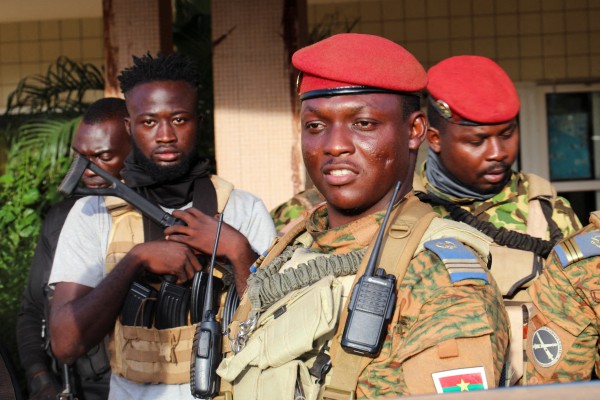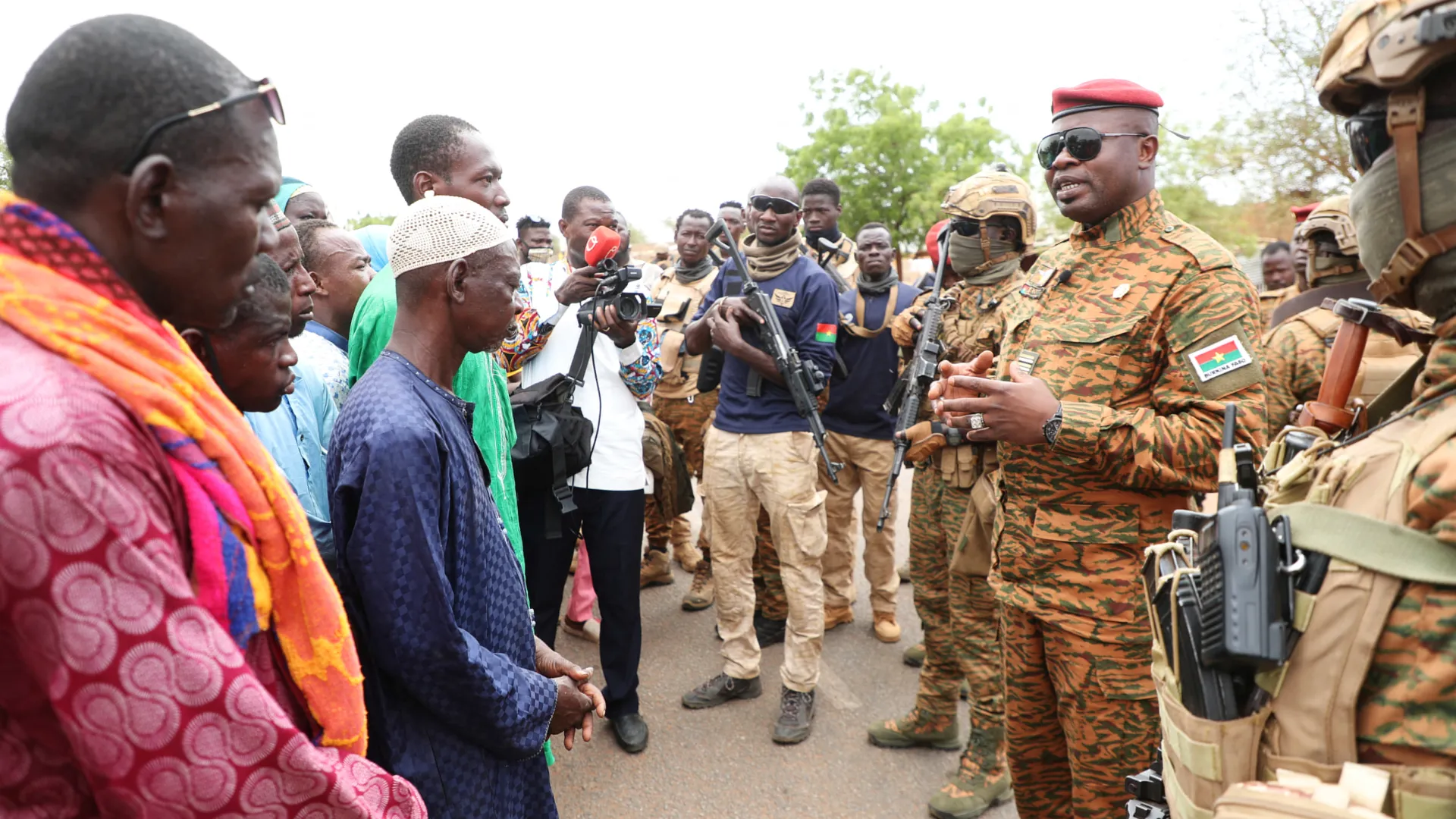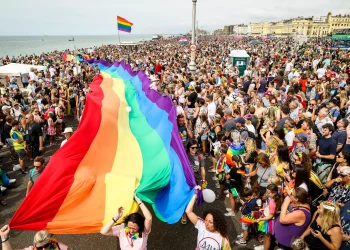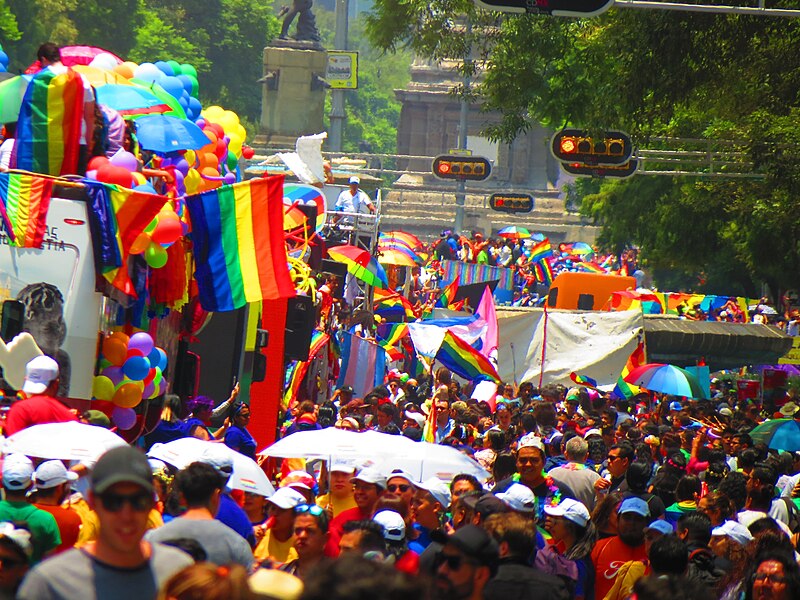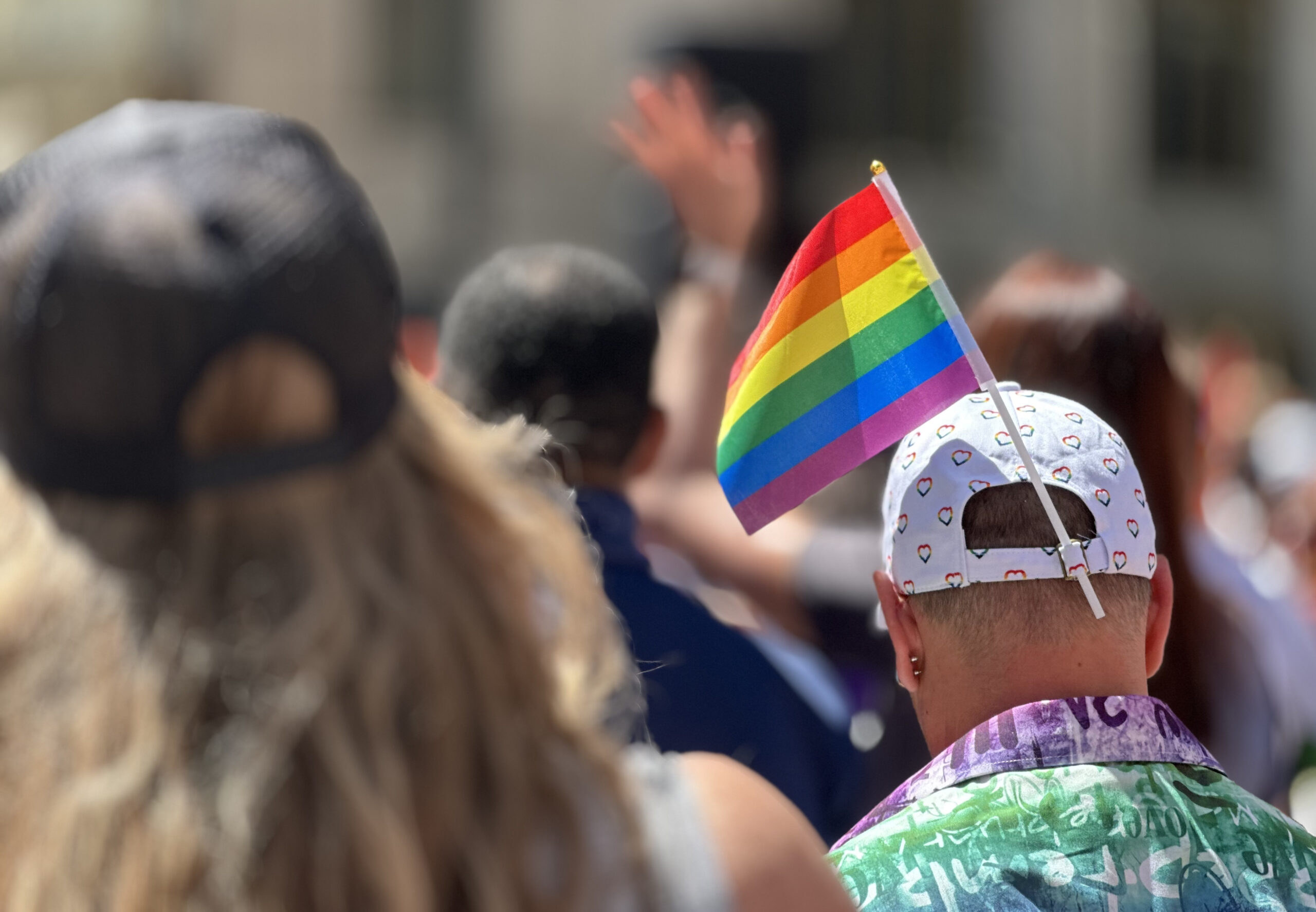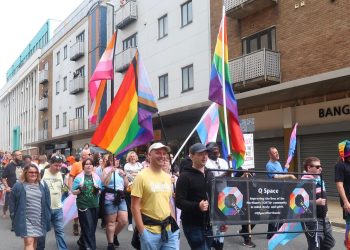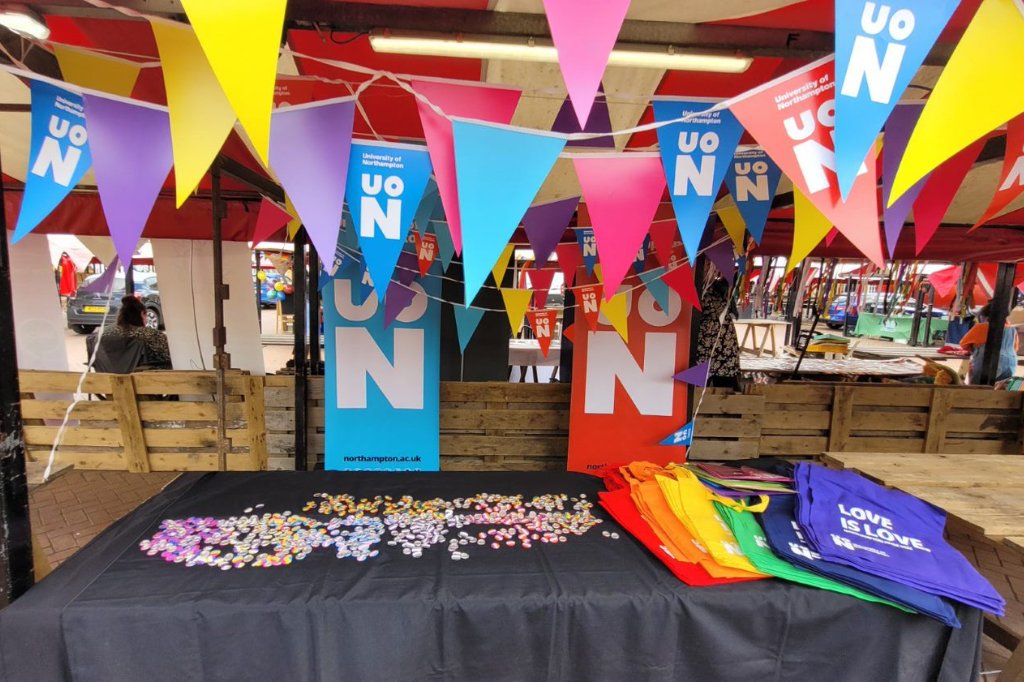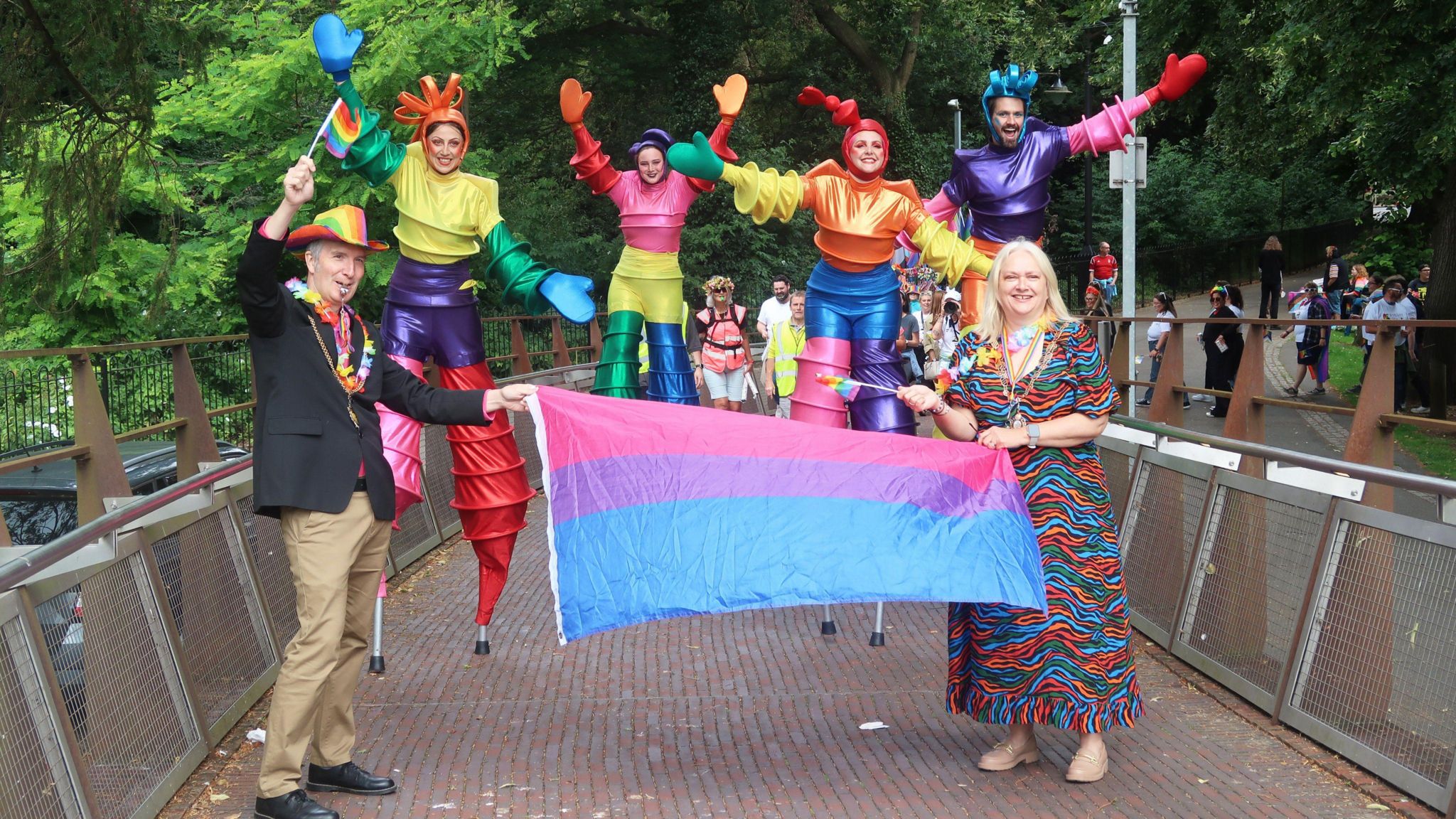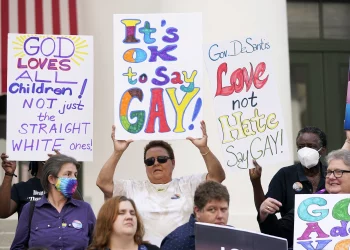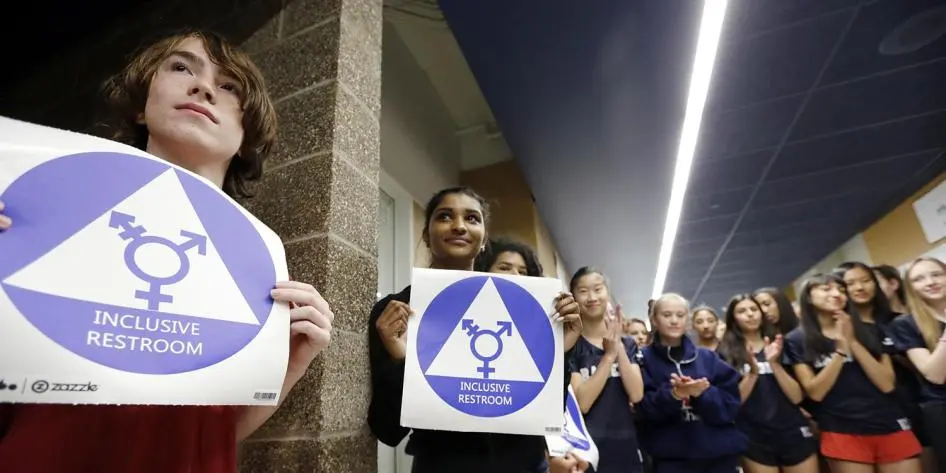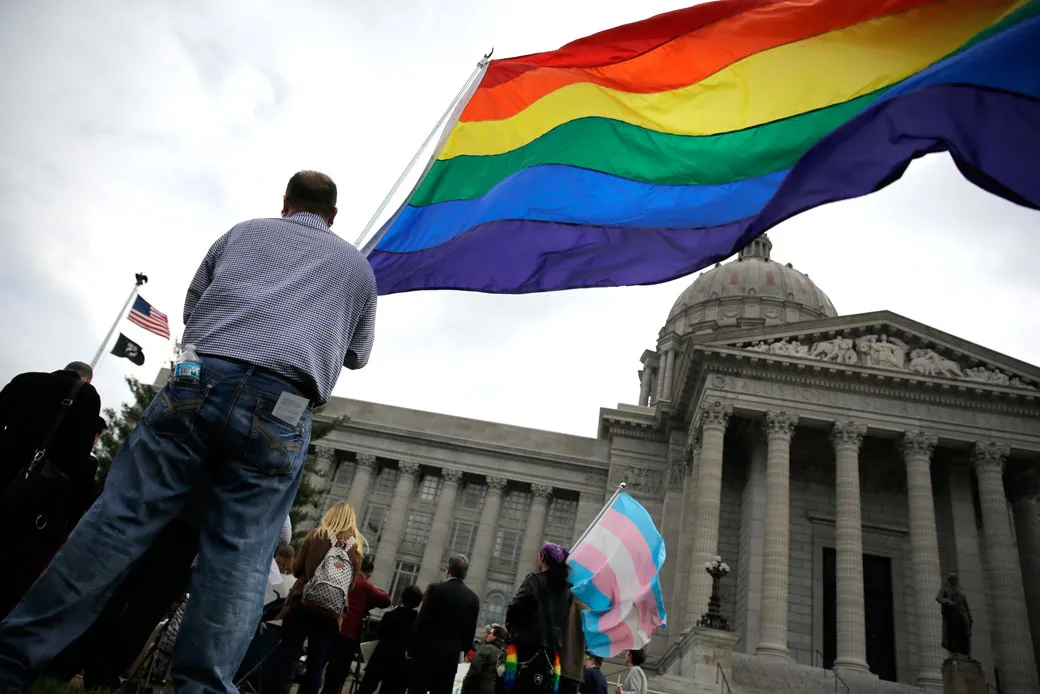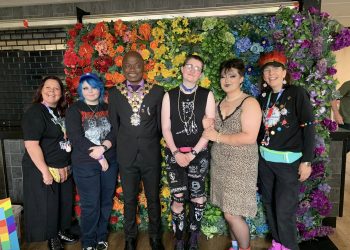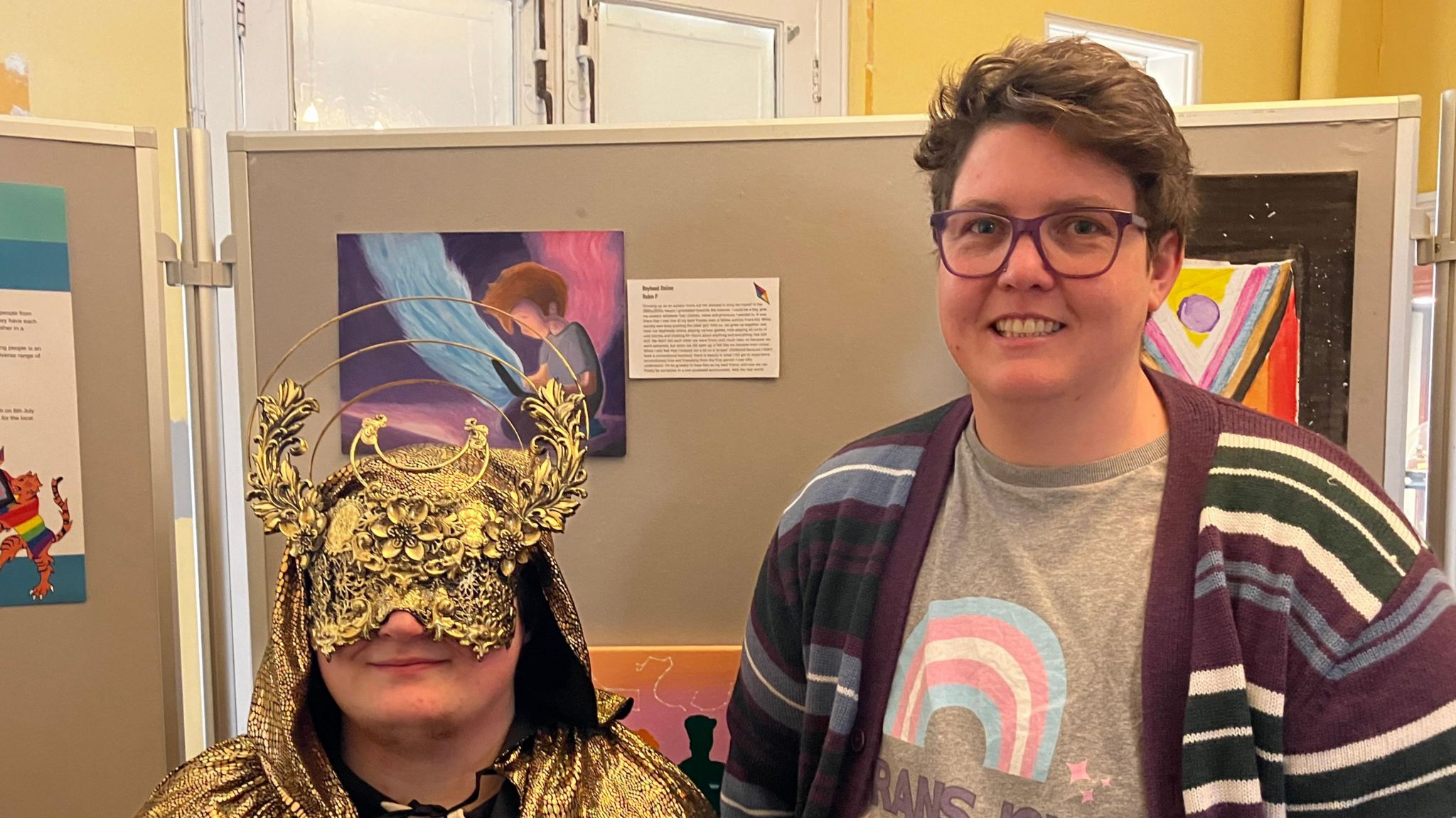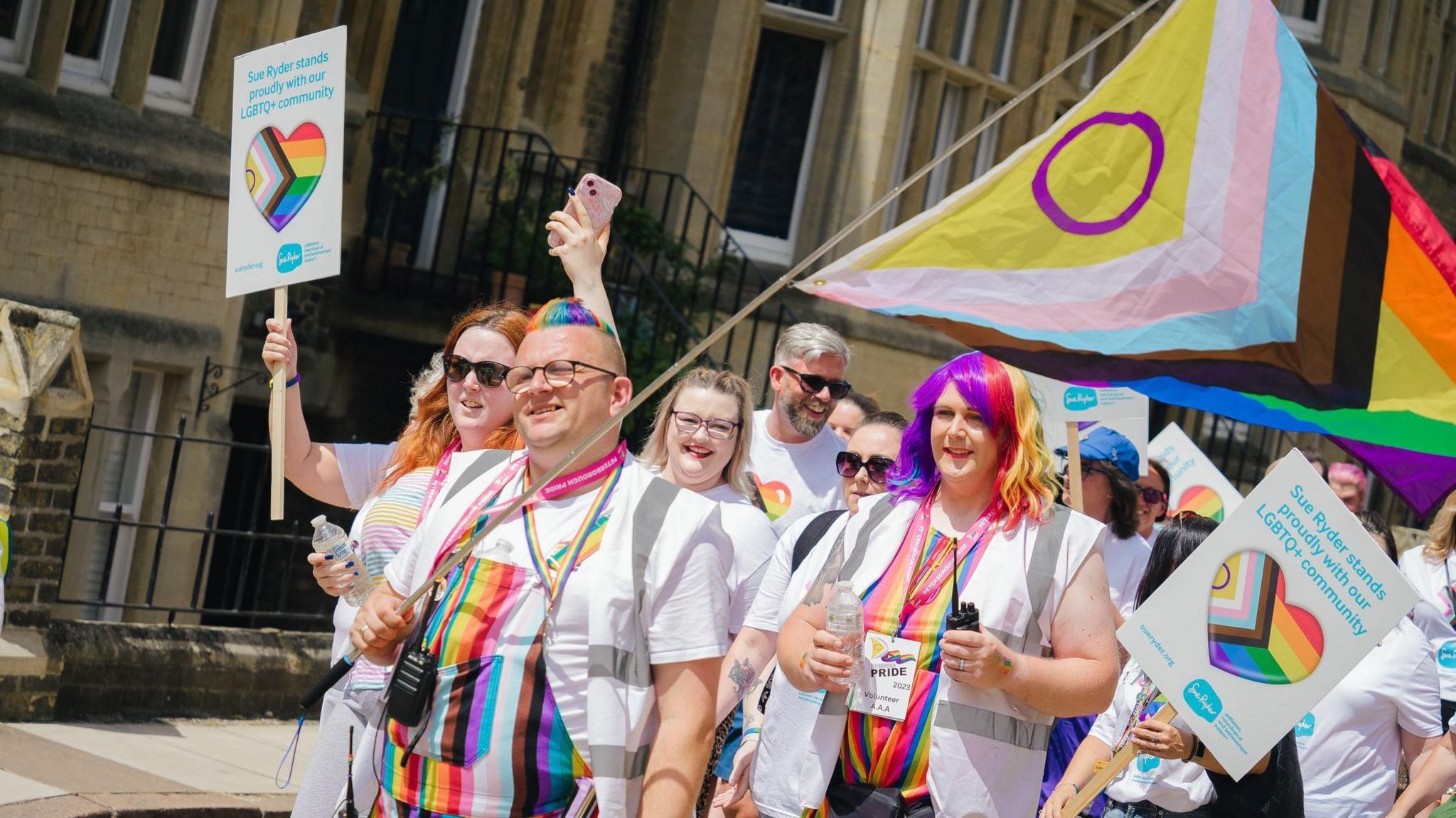The only lesbian barBlush & Bluin Colorado, which served as a welcoming haven for the LGBTQ+ community for years, has closed for good. The space was not only a bar, but also an important cultural hub that brought people together and fostered a sense of belonging. The closure left a significant void in the region, depriving the community of one of the few safe spaces for socializing and expressing themselves.
Blush & Blu is closing: words of gratitude and last memories of the bar
In a farewell message posted Sept. 28, owner Jodi Bouffard thanked “every promoter, performer, DJ, drag queen, drag king, comedian, poet, and artist” who contributed to Blush & Blu, calling them the “heart and soul” of the establishment. “You filled this place with color, magic, and happiness,” she said.
Michelle Osterday, known by her stage name “MadameO”, has performed in burlesque shows at the bar on numerous occasions and said she was deeply affected by the news of its closure.
“Every time I performed there, they created an amazing atmosphere of warmth and lightness,” she shared.
Jodie Buffard also expressed gratitude to all the guests of the establishment, noting that it was their support that allowed the bar to exist. “As we close this page of our history, I hope that Blush & Blu will remain in your hearts, in your shared memories, and in the community that we were able to create together,” she emphasized.
Many fans left warm comments filled with kind words and funny stories. Among them was 38-year-old Denver resident Brittany Bartges. “I have seen our community grow and transform within these walls,” she wrote. “Thank you for the love and effort you have put into this special place.”
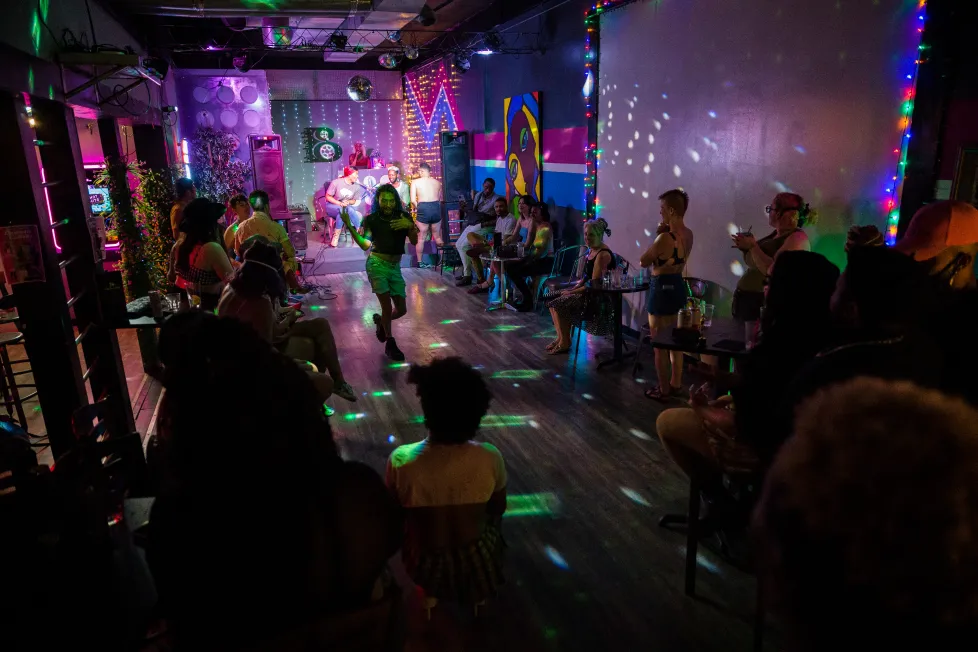
Bartges, who served in the military, said the “don’t ask, don’t tell” policy forced her to hide her sexuality until her service ended. She said she was especially grateful for the bar because it was there that she found “her people.”
“In the military, relationships with women were forbidden, and Blush was an oasis for me — a place where I could feel like a whole person,” she told NBC News. “I’m going to miss knowing that this place exists. Even if I didn’t always make time to visit, the fact that it existed made the world a little better.”
Bartges noted that Blush & Blu holds many meaningful moments for her. She fondly recalled going on first dates and watching drag with her mother. “A lesbian bar was a place where we felt at home, where we could be ourselves and take up as much space as we wanted,” she said. “When this bar closes, Denver will be another city where our community will only congregate at gay bars.”
The Fate of Lesbian Bars in the US: Successes, Problems, and the Decline of Blush & Blu
In 2020, NBC News reported that there were fewer than 20 lesbian bars nationwide. But the pandemic has led to something of a renaissance in lesbian bars, with new ones opening in states across the country, according to an NBC News analysis. For example, Dani’s Queer Bar opened its doors in Boston last month. The Lesbian Bar Project documents and supports lesbian bars, maintaining an up-to-date list of establishments. Today, the project estimates that there are still about 30 lesbian bars operating in the U.S., though that list will be shorter now that Blush & Blu is closing.
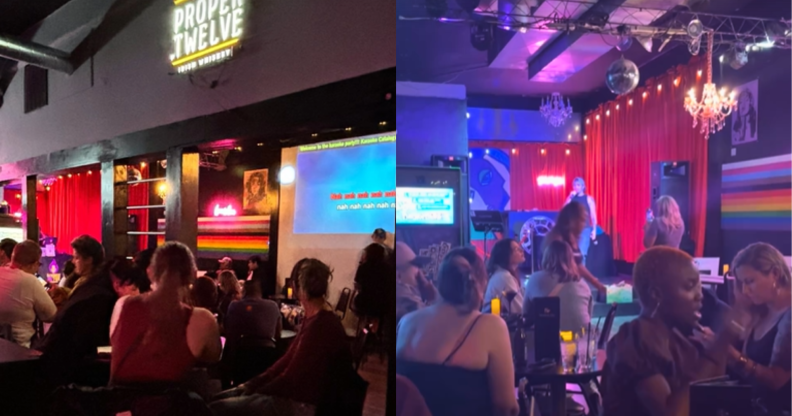
Blush & Blu has faced criticism in recent years over allegations of unfair pay and a hostile workplace. In 2021, three former employees filed a lawsuit against the establishment, alleging that queer and transgender workers were “unfairly treated and underpaid.” However, in 2023, both sides reached a settlement and all charges were dropped, according to court documents.
Blush & Blu first opened its doors on Colfax Avenue in downtown Denver in 2012, becoming a vital part of the local community.

